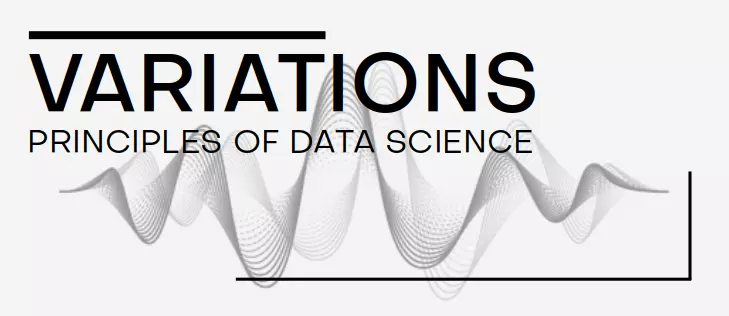
Principles of Data Science
This is an overview course consisting of fundamental concepts in data science.
Description
Data science comprises the study of the nature of data in order to discover structural relationships contained in the data, and hence about what the data represents. Data can be considered as those aspects of information around us that can be captured and preserved in memory. Various techniques like algorithms, optimization, statistics, machine learning, and others are employed on existing data to discover its structure. (Hence, the process of such discovery is scientific.)
This course is designed to provide you a comprehensive map to navigate the ocean of data science. For many, it can be confusing to get hold of many things happening around "data science". With this course, you will have a better clarity of the most important concepts, where to look for solutions, and how to think in different situations.
We will understand - better and faster - the differences between exploration, prediction, and causation - all in one course! All necessary tools to help you understand various concepts are provided within the course. Knowledge of mathematics is not assumed, and will be introduced wherever required. Examples are available throughout the course for better understanding.
We will discuss data better, from a statistical perspective. We will understand why independent observations are helpful, and how to deal with observations that are correlated over time or space. We will see various ways of presenting results. We will discuss examples and opportunities in the era of big data.
Learning Objective
At the end of this course, you will improve your broader understanding of data science. If you have specialized in a particular technique, it would be good to know about what other techniques exist - usually, multiple techniques can be used to address a given task (e.g., predictive analysis). This course will improve your ability to communicate with people from various backgrounds - for example, with experts outside your areas of specialization. Whether you are a student, a researcher, or a practitioner, the door remains open for you to combine your domain expertise with data science to improve decision making, or to introduce data-driven analysis in your workflow.